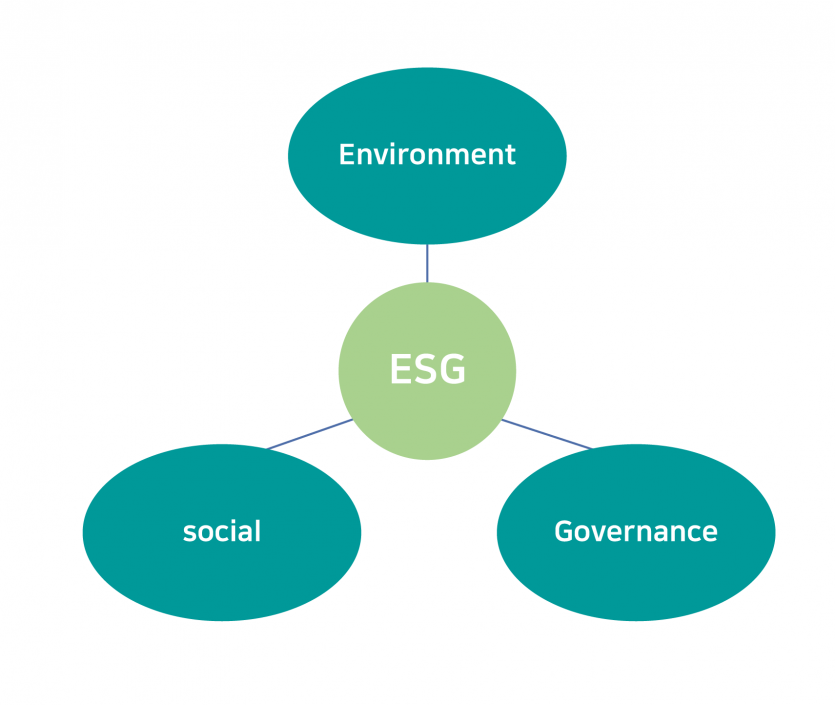Introduction for standards related to ESG
페이지 정보

본문
Introduction for standards related to ESG
[ What is the ESG? ]
ESG is an acronym for environmental, social, and governance, which are non-financial factors of a company. It is used to mean that you can make possible progress.
In addition to short-term financial performance, long-term corporate social responsibility is emphasized. As ESG evaluation spreads internationally and establishes itself as a new management paradigm, it is becoming a necessity for companies in Korea as well.
[ Korea ESG Rating Categories ]
The Korea Corporate Governance Service (KCGS) is the most representative ESG rating agency in Korea, encourages sustainable management of companies and provides judgment information to stakeholders. Also, the rating results and individual grades are used to organize KRX social responsibility investment index on the Korea Exchange.
Environment
Environmental management certification, environmental information disclosure, participation in international initiative, environmental management organization, environmental education, environmental performance evaluation, greenhouse gas emissions, energy usage, hazardous chemical emissions, water consumption/recycling, waste discharge/recycling
Social
Proportion of fixed-term workers, operation of human rights protection programs, share of female workers, partner support, fair trade program, anti-bribery program, product and service safety certification, social contribution expenditure
Governance
General meeting of shareholders, allocation, social governance disclosure, board independence, performance of the board of directors, expert committees within the board, surveillance, status of operation of audit committee, independence as an external auditor, disclosure of the board of director’s operation regulations, ESG grade disclosure
 < Korea ESG Rating Categories >
< Korea ESG Rating Categories >
[ Overseas ESG rating agency & categories ]
Dow Jones and MSCI are representative global rating agencies that measure the ESG management performance of companies. Among them, MSCI evaluates 35 categories that focus on the intersection between the company's core business and industry-specific issues that can create significant risks and opportunities.
MSCI ESG rating categories
- • Environment: Climate change, natural capital, pollution and waste, environmental opportunities
- • Social: Human capital, product liability, stakeholder opposition, social opprotunities
- • Governance: Cooperate governance, cooperate behavior
 < Overseas ESG rating agency & categories >
< Overseas ESG rating agency & categories >
[ ISO standards related to ESG ]
Currently, more than 600 institutions at home and abroad are experiencing difficulties in evaluating corporate ESG due to different evaluation standards and ratings for each institution due to different methods and reference materials. ISO international standards can be used to ensure the objectivity and reliability of the assessment.
- • Environment: ISO 14001
- • Social: ISO 26000 (Non-certified standard)
- • Governance: ISO 37001, ISO 37301
If you have any questions, please contact us at the following email address.
E-mail: info@igcert.org
- 이전글ISO 31000:2018 Risk Management – Guidelines 21.11.08
- 다음글ISO 14971:2019 Medical devices – Application of risk management to medical devices 21.10.14
댓글목록
등록된 댓글이 없습니다.


